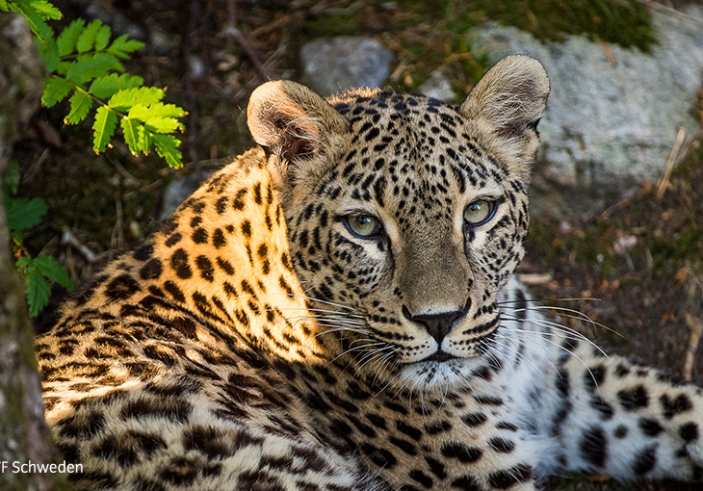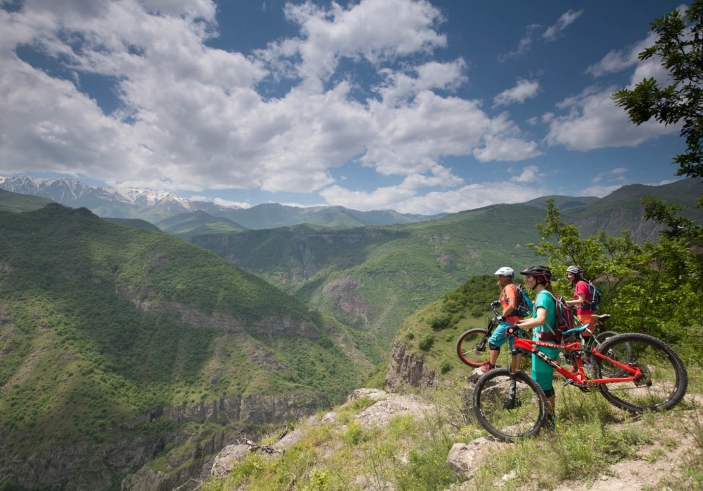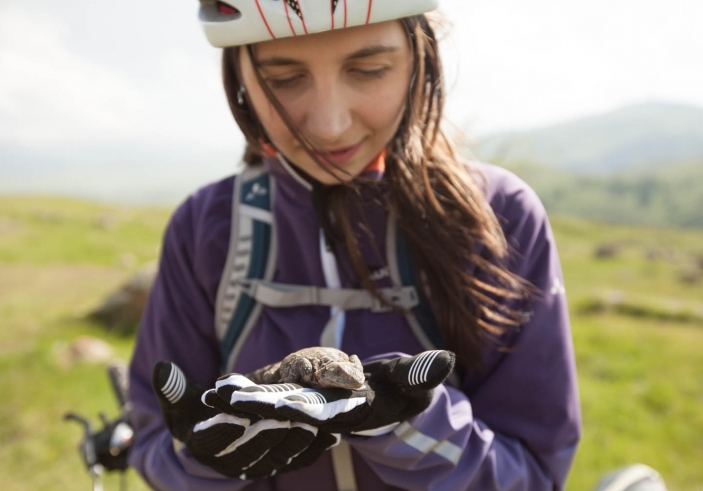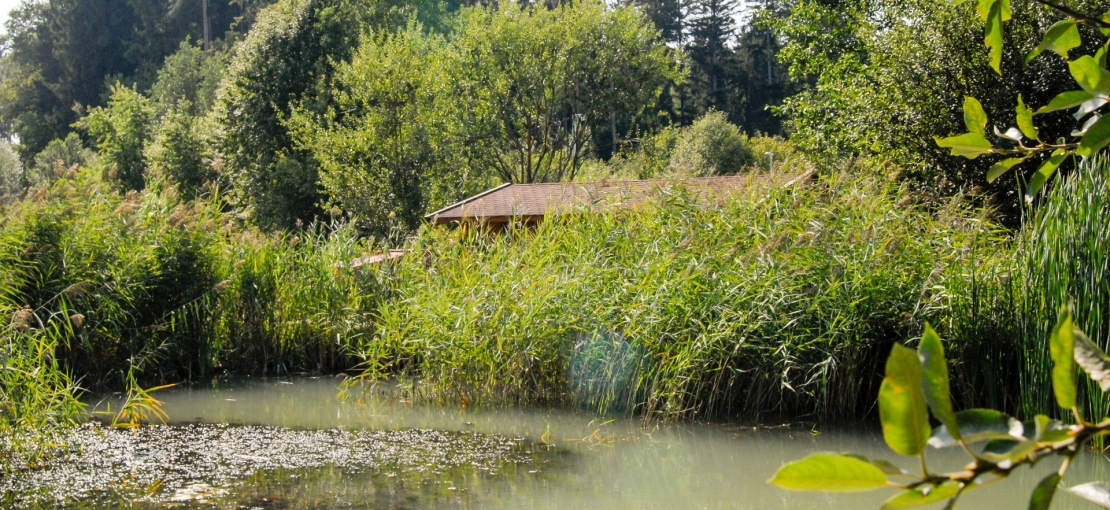
Leopards, brown bears, ecotourism
The Caucasus: Biodiversity hotspot
Our cooperation partner, the WWF, has a really exciting project in the Caucasus that involves monitoring the resident Caucasus leopard population. These beautiful animals have become endangered; poaching and the destruction of their habitat are threatening the last of these big cats.
We are providing the WWF with financial support and with products to equip the rangers on location. More information about the project: http://www.wwf.de/themen-projekte/projektregionen/kaukasus/
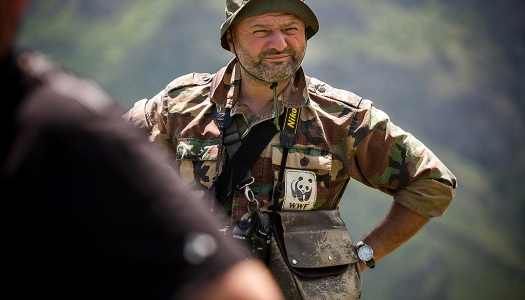
|
Alexander Malkhasyan, wildlife biologist for WWF Armenia
»The Caucasus is home to many endangered species, such as the Caucasus leopard. Today, its protection is one of the hardest environmental challenges not only in Armenia, but also for the entire region. For survival and reproduction, the leopards need a large area they can move freely in and above all, safe habitats and sufficient food. The WWF has been active in this area for many years, working to protect large areas of the natural environment. To ensure the area’s biodiversity and the survival of the Caucasus leopard, we depend on partners like VAUDE to support our work. With the help of VAUDE, for example, we were able to equip gamekeepers with field equipment such as backpacks, tents and sleeping bags.« |
The outdoor industry protects nature
The European Outdoor Conservation Association (EOCA) is the conservation organization of the European outdoor industry. Each year it presents highly endowed awards for nature conservation projects. Three VAUDE projects are also included.
Jan Lorch (VAUDE Head of Sales & CSR) sits on the board of the “European Outdoor Conservation Association” (EOCA).
Eco-friendly hiking with Balkan lynx in Albania and Macedonia
The Jablanica-Shebenik Mountains in the border region between Albania and Macedonia is an area of outstanding natural beauty along the "Balkan Green Belt".
The EuroNatur Foundation is working together with local nature conservation organizations on the establishment of a largescale, cross-border conservation area. In addition to the Balkan lynx, other predators like wolves and bears and the entire ecosystem they support will also benefit from the conservation measures that have been introduced.
Read more at the Euronatur website.
Current status of the hiking path project:
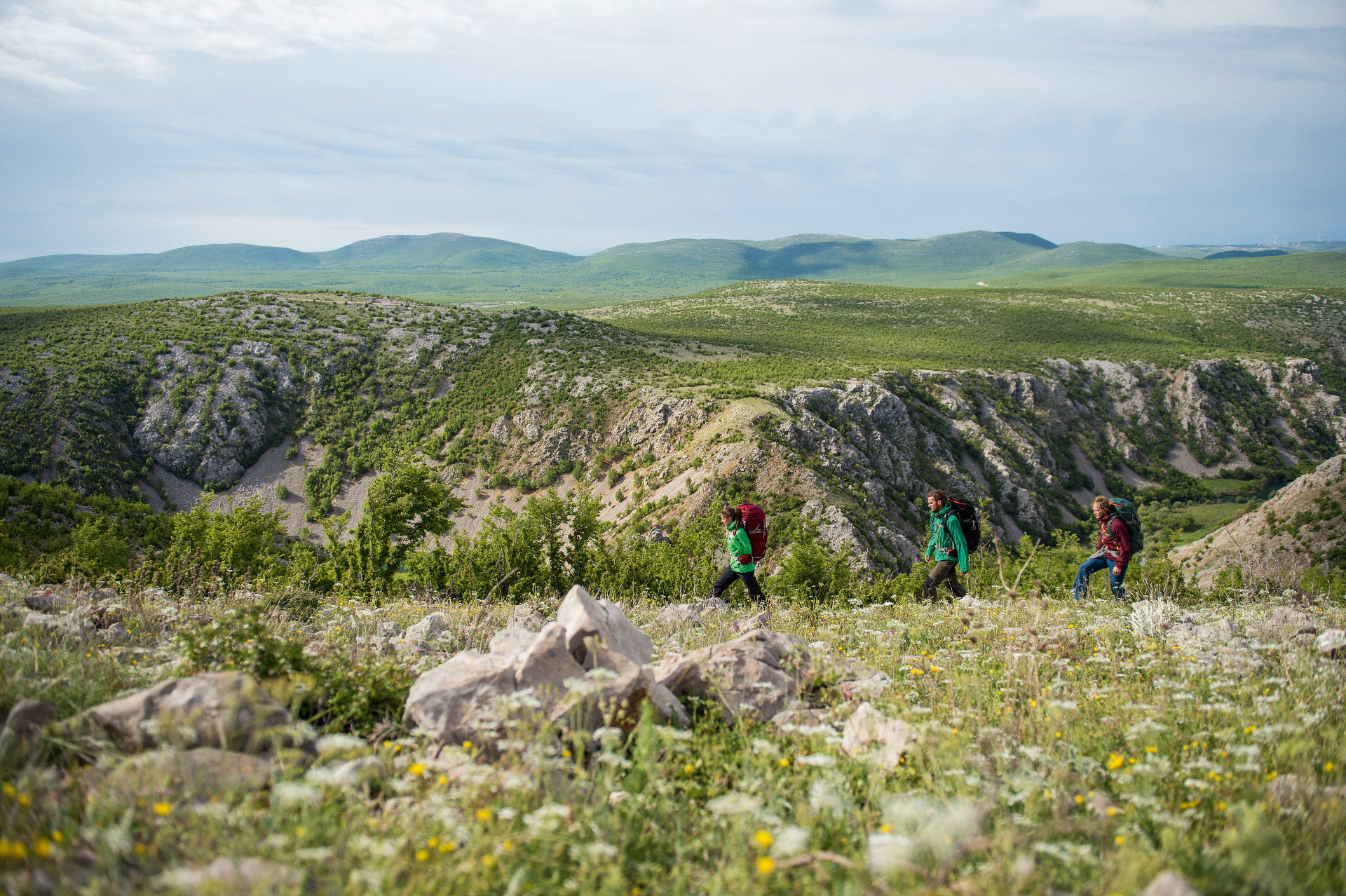
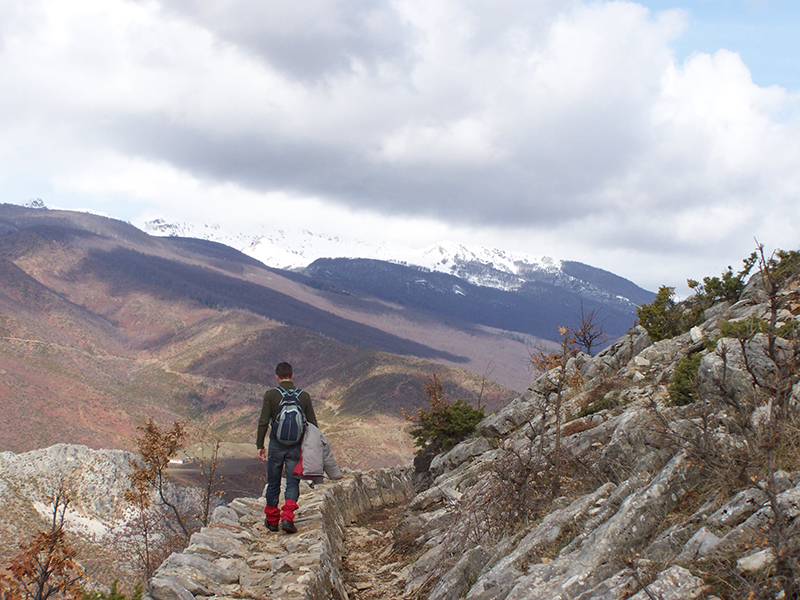
Protection of brown bears in the Cantabrian Mountains / Northern Spain
Spain's bears are excellent proof of how important it is – even in seemingly hopeless situations – to spare no effort in working for a better future. Alongside the fragmentation of their habitat it was above all illegal bear hunting that had very nearly rendered these large predators extinct in the Cantabrian Mountains.
Since the mid 1990s, EuroNatur and Spanish project partners Fapas have been campaigning to secure this region in Northern Spain as a safe habitat for brown bears. Thanks to their tireless work things are gradually but steadily looking up for the brown bears in the Cantabrian Mountains. Within ten years their numbers almost doubled.
Read more at the Euronatur website.
Current status of the project.
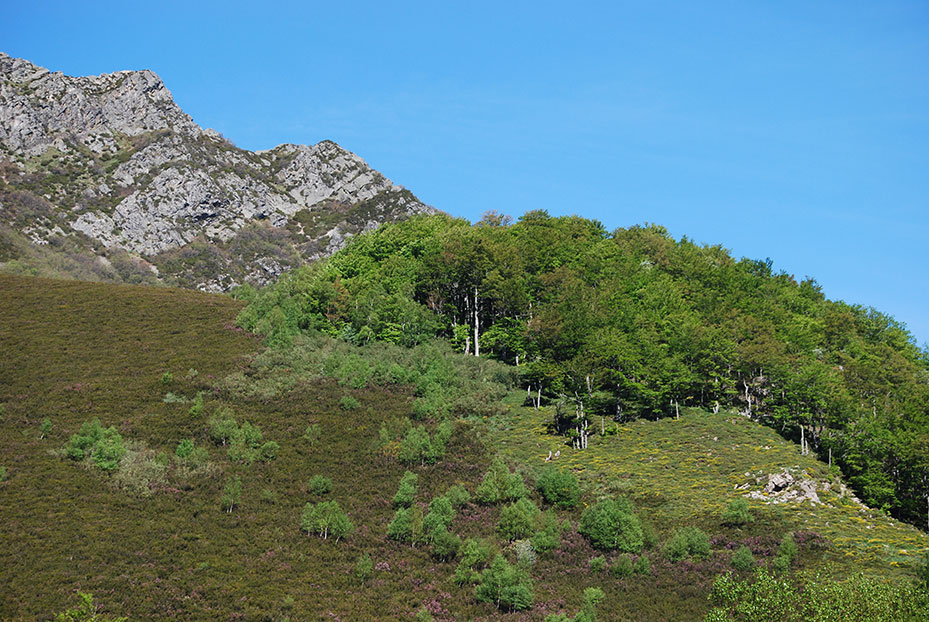
Mountain biking and nature conservation in Transylvania
Some of Europe’s most ecologically significant natural environments used for agricultural purposes are in Transylvania, Romania. They ensure high agricultural productivity and a great many jobs.
Nevertheless, innovative approaches are needed so that these landscapes and communities can cope with the changes of the 21st century. Fundatia ADEPT performs integration programs in which economic and social aspects are linked to the protection of biodiversity. An important part of each project is the development of knowledge and awareness of these relationships in the local community.
Read more at the project website
Current status of the project
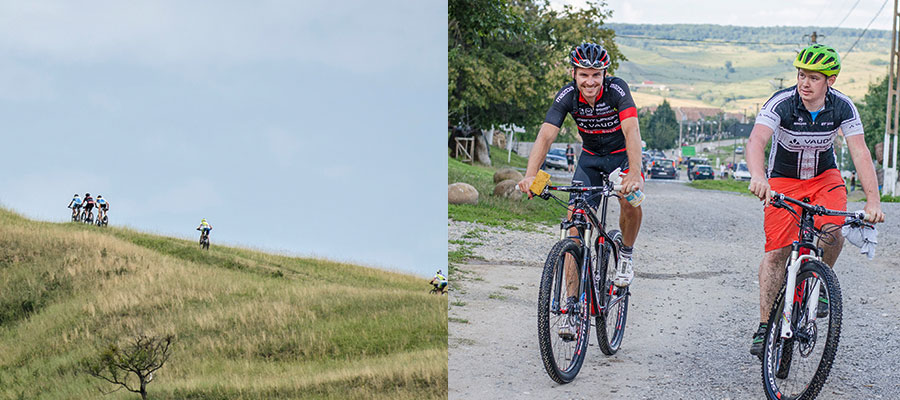
| GRI: | 103 |
| GRI: | 304-1 |
| GRI: | 304-2 |
| GRI: | 304-3 |
| GRI: | 304-4 |

